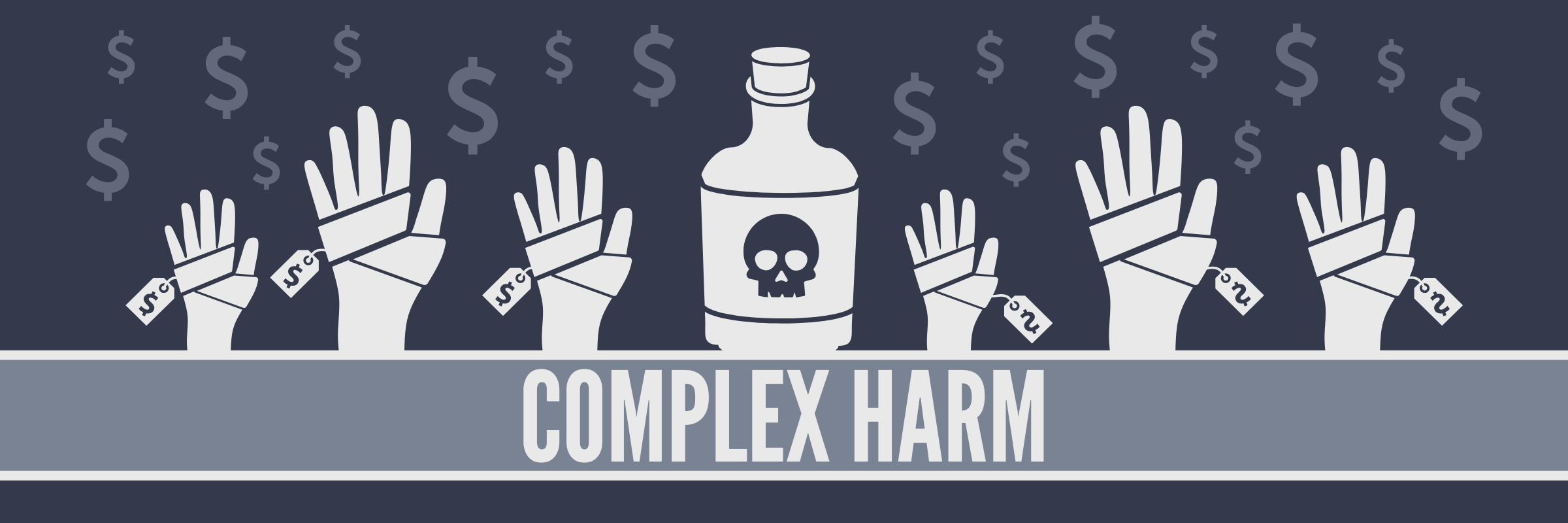If a company openly declared that profit was its only priority — that it would cut corners, poison communities, endanger lives, or push an addictive product to market if it were to improve the margins — the public would be outraged. No one would buy from it. No one would trust it. If an institution — a school, a religious body, or any mission-driven organization — admitted that, if faced with scandal, it would protect its own reputation over the people in its care — silencing victims, burying reports, shielding wrongdoers — it would lose all credibility. No one would send their children there. No one would put their faith in it.
And yet, some companies and institutions operate on exactly that logic. They don’t say it out loud, of course. Instead, they flood the airwaves with promises — that they value safety, responsibility, and the people they serve. But behind the scenes, in boardrooms and administrative offices, they make decisions that betray those values — quietly prioritizing profit and image over truth, safety, and human dignity.
At King’s End, we take on the fallout of that betrayal. We represent people who have suffered serious harm as a result of institutional failure, corporate misconduct, or abuse carried out by those who believed their position would shield them from consequence. We bring high-stakes civil claims in matters involving:
Product liability and false advertising — including dangerous drugs, medical devices, or consumer products, and marketing that conceals safety risks or falsely claims health benefits
Institutional abuse, cover-ups, or negligence — involving schools, hospitals, religious organizations, or government agencies that failed to prevent or concealed serious harm
Human trafficking and forced labor — including cases where businesses, digital platforms, or property owners enabled or ignored exploitation and knowingly benefitted
Assault, harassment, or intentional infliction of emotional distress — especially where status, influence, or authority was used to commit or conceal serious harm
These cases can be complex. The harm runs deep, and the defense is often well-funded. But complexity is no excuse for complacency. We pursue these cases not only to recover just compensation, but to expose what was hidden, confront the system that allowed it, and affirm that people are not collateral, and harm is not just a cost of doing business.

